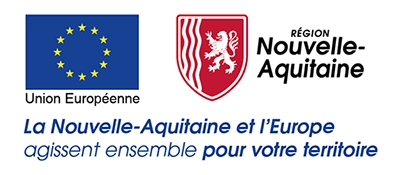There is a common misconception that a person’s seniority gives them a monopoly on knowledge and expertise. This is very rarely the case, and the role of an effective business leader is to tap into and draw out the knowledge, skills, and expertise from those within the team.
Whenever management consultants discuss best practice in manufacturing, the Japanese carmaker Toyota is often mentioned.
For many years Toyota has been well-known for its philosophy of lean manufacturing, sometimes referred to as the Toyota Production System (TPS).
At the heart of this philosophy is a drive to find new methods of eliminating waste and identifying leaner production and improved ‘Just in Time’ (JIT) business techniques.
There are 12 pillars of the TPS, but the one principle that stands out is ‘Kaizan’ which for any language enthusiasts translates (loosely) as continuous improvement. (Kai meaning changes, and zan meaning for the better).
According to Toyota UK Magazine, ‘Kaizen humanises the workplace, empowering individual members to identify areas for improvement and suggest practical solutions.’
Sound familiar?
Many companies practice this approach on a daily basis, sometimes without being aware of it. Its’ this empowerment of people that gives individuals task ownership and makes them feel that their contribution is valued.
This creates a powerful effect on the dynamic between the leadership and the teams and forms a bond of unity that the whole team is pulling together to find solutions and improvements for the benefit and prosperity of the business.
Not all companies adopt this approach and some fail to recognise that within the workforce there is a wealth of expertise and talent just waiting to be tapped into.
Wee Jimmy
A business associate once told me, what he termed, the ‘wee Jimmy’ anecdote that was often used during after dinner speeches by his former Chairman. One day Jimmy who had worked at the company for 30 years approached his line-manager with an idea that would increase output at minimal cost by implementing just one simple change.
Jimmy’s line-manager excitedly relayed this idea to the CEO who said, I want to hear more about this direct from the employee. So, Jimmy was promptly summoned to the executive offices and introduced to the CEO and some of the board members. As Jimmy articulated his idea, the realisation sank in amongst the directors that this could save the company millions of dollars every year.
Jimmy was promptly thanked, and just as he was about to leave the office and return to the shopfloor, the CEO asked, ‘Jimmy how long have you had this idea?
‘About 15 years Sir’, Jimmy answered.
Astounded the CEO said,
‘15 years! We could have saved millions if we had implemented this back then. Why didn’t you come to us with your idea sooner?
‘Because nobody asked me Sir,’ was Jimmy’s reply.
I’m not sure if this is a true story or not, but the point is, if Jimmy had felt empowered all those years ago, then he may have spoken out sooner. He might have had the confidence to go to the CEO directly because he knew his opinion was valued. Instead, he didn’t think it was his place to suggest ideas until very late in his career, when other unknown forces may have prompted him to eventually share his valuable knowledge.
The Harvard Business School published 7 tips on how to empower the workforce including building a culture of trust, delivering honest feedback, and fostering open communication. Please find the below link for the full article.
https://online.hbs.edu/blog/post/how-to-empower-employees
In the meantime, let’s hope that sharing ideas has become part of the culture at wee Jimmy’s workplace!

